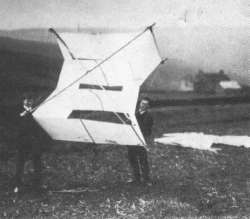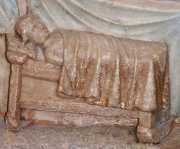
I guess not becoming Prime Minister is a blow, especially when you’ve gone up to London on purpose. For although there was no telephone at Montacute in 1923, when a telegram arrived, ‘the supremely confident Curzon’ travelled up to London with great expectations that he would become the next Prime Minister, only to find that Stanley Baldwin had got the job. It seems the most prominent reasons were that Curzon’s character was objectionable (they must have heard about his treatment of Ms Glyn – or taken against him in person), and that it was inappropriate for the Prime Minister to be a member of the House of Lords. The noble Lord was said to have burst into tears on hearing the news. Or, to express it in doggerel:
Curzon cried when not selected
Trouble was he weren’t elected
Even Kings must succumb
To the voter’s rule of thumb
And so it will be on May 6th – unless, of course, we have a hung Parliament, a prospect that is causing the chattering classes great excitement.
Writing this, I came across this Balliol rhyme about Curzon, ‘a piece of doggerel which stuck with him in later life’:
My name is George Nathaniel Curzon,
I am a most superior person.
My cheeks are pink, my hair is sleek,
I dine at Blenheim twice a week.
And so it that I seem to have stumbled into an imitation of the form. Well, it’s bad enough….
Photograph, from US Library of Congress, taken from Wikimedia Commons


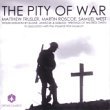
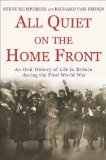
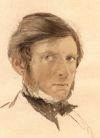 John’s Ruskin’s complaint at the desecration of the Derbyshire Dales featured in
John’s Ruskin’s complaint at the desecration of the Derbyshire Dales featured in 